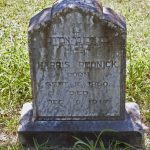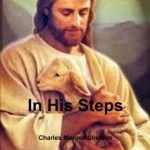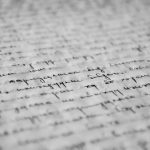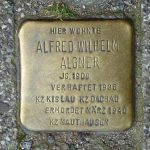This morning the entire University of Texas at Austin campus was evacuated because one individual, claiming to be associated with Al-Qaeda, claimed to have planted bombs in UT buildings. No explosives were found and no one was injured, but the activities of our entire community were disrupted and many people were alarmed.
Violence and even threats of violence are always more dramatic than the slow and difficult steps necessary for eradicating the despair and anger at the root of violence. Lashing out is always easier, and in the short run more satisfying perhaps, than the hard work of making connections with and trusting people on the other side of some divide.
Jeremi Suri, our colleague in the UT Department of History, spent his time in evacuation more productively than most of us. He wrote this entry on the Global Brief blog, “Bombs, Protests, and the Contagion of Violence.” He writes, in part, that:
“We need show that we are better than the violence, and that we are a society that values connections to everyone – even those who sometimes feel the world is set against them.”
I spent most of my evacuation time, for better and worse, connecting with my friends on Facebook. One of my friends, John MacKay, who teaches Slavic film and literature at Yale, posted a poem by A. R. Ammons, “The City Limits.” John was inspired by his garden’s late-summer generosity, but the poem speaks directly to my feelings at this moment, after these recent turbulent days. I would like to see “the heart [move] roomier,” and “fear lit by the breath of such calmly [turn] to praise.” Here’s the whole poem.
When you consider the radiance, that it does not withhold
itself but pours its abundance without selection into every
nook and cranny not overhung or hidden; when you consider
that birds’ bones make no awful noise against the light but
lie low in the light as in a high testimony; when you consider
the radiance, that it will look into the guiltiest
swervings of the weaving heart and bear itself upon them,
not flinching into disguise or darkening; when you consider
the abundance of such resource as illuminates the glow-blue
bodies and gold-skeined wings of flies swarming the dumped
guts of a natural slaughter or the coil of shit and in no
way winces from its storms of generosity; when you consider
that air or vacuum, snow or shale, squid or wolf, rose or lichen,
each is accepted into as much light as it will take, then
the heart moves roomier, the man stands and looks about, the
leaf does not increase itself above the grass, and the dark
work of the deepest cells is of a tune with May bushes
and fear lit by the breadth of such calmly turns to praise.
Joan Neuberger
posted Friday, September 14, 2012



